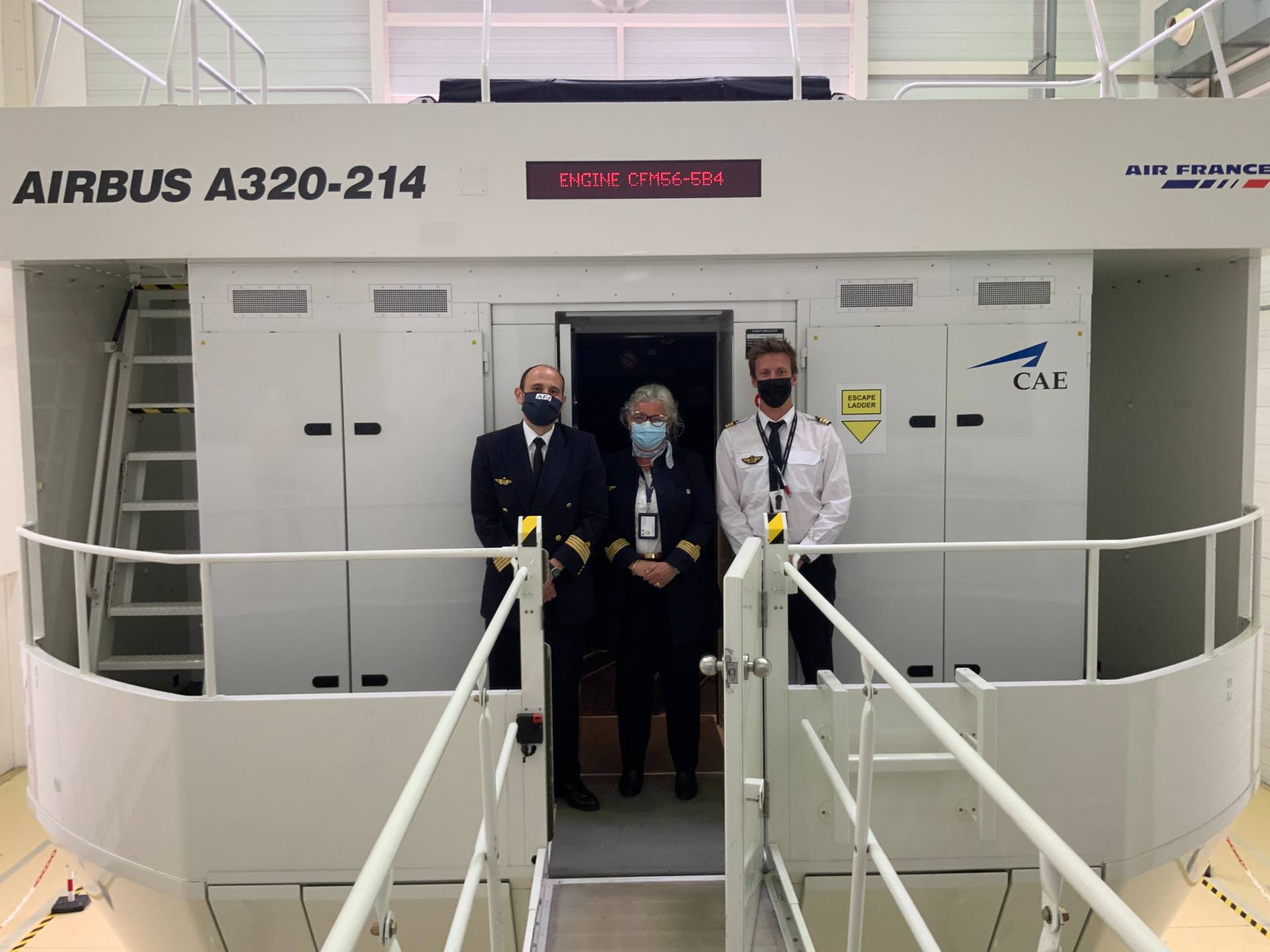This page provides all the information from EASA to support the implementation of Evidence-Based Training (EBT). The publication of ED Decision 2021/002/R on March 2, 2021 means there is now a lot of work to be done and this is a continuous effort.
Latest update on 31 August 2023 - Team composition for the Safety Promotion Task (SPT.012) has been updated as an attachment below.
The SPT.0012 task force is formed by training experts nominated by the EASA advisory bodies. Its members provide expertise and advice to EASA with the objective to complement the new regulatory package on EBT with relevant safety promotion material. The safety promotion material for EBT includes support and guidance for the implementation of EBT mixed (ED Decision 2015/027/R), and following the publication of Implementing Regulation (EU) 2020/2036 and the related ED Decision 2021/002/R, it also includes support and guidance material for the EBT baseline.
Latest update on 24 July 2023 - Latest EBT Manual v2 now published here.
Videos from the 4 EBT Webinars
Over the past 2 years EASA has hosted a total of 4 EBT webinars. You can access all the recordings from these on the special EBT Playlist on the Together4Safety Youtube Channel.
Airlines achieve first EBT baseline approvals
We want to congratulate Iberia and AirFrance, along with their national authorities AESA Spain and DGAC France, for being the first airlines in the world to receive approval on EBT baseline in accordance with Reg (EU) 2020/2036 and Reg (EU) 2020/2193. For the first time ever, the revalidation of pilot licence are done in accordance to EBT Competences (Appendix 10) instead of the mandatory manoeuvres in appendix 9.

Photo: 1st Pilot in the world to revalidate in accordance to Appendix 10 Lilia Gómez Rubio (pilot A320), EBT instructor Ignacio Gállego Alemany (EBT manager Iberia), Examiner Miguel Angel Perez Mediano (TRE Iberia and A320 EBT fleet manager), Francisco Javier González Castillo (Head of training), Manuel Angel Samaniego de Tiedra (Deputy head of training and Iberia ATO), Belén García Pozo (Ground Training Manager).
Iberia approved in May 2021. EBT manager Ignacio Gallego Alemany. EASA inspector Amelia Abadía Isla.

Photo: Capt Catherine Urbiha and F/O Jean-Max Vautier during the EBT evaluation.
Air France gained their approval in June 2021. Crew training safety manager Fabien Laignel. DGAC France flight OPS inspector Pascal Foncelle.
ED Decision 2021/002/R - Published in March 2021
For full details about the ED Decision related to EBD you visit the Decision Page on the EASA Website. This decision introduces new flight crew training requirements that are intended to improve pilot competencies by updating the associated acceptable means of compliance (AMC) and guidance material (GM).
This work is part of a global safety initiative endorsed by ICAO that links pilot training to aircraft generation. This is the second step towards the implementation of full EBT. The first step was completed in 2015 with the publication of ED Decision 2015/027/R that provided guidance material to allow the implementation of a ‘mixed EBT’ which maintains the current operator proficiency check (OPC) and licence proficiency check (LPC).
What this recent decision is all about?
This most recent decision completes the second step initiated by allowing authorities to approve the baseline EBT, which replaces OPC and LPC. This means that you can have a single philosophy of recurrent training within your airline. EBT is intended to improve safety by enhancing the capability of flight crews to operate the aircraft in all flight regimes by recognising and managing unexpected situations. The EBT concept is designed to maximise learning and minimise formal checking. Further work is foreseen in the context of the activities of RMT.0599 to allow expansion of EBT to the operator conversion course and initial type rating, as well as to other types of aircraft (e.g. helicopters and business jets).
The impact assessment (IA) detailed in NPA 2018-07 and Opinion No 08/2019 showed that the implementation of EBT by the operator on a voluntary basis is the preferred option in regulating recurrent training and checking of flight crew. The IA illustrates that the adopted rules in combination with the AMC & GM issued with this Decision contribute to significant improvement in safety by strengthening the competencies of flight crews while providing a cost-efficient and socially acceptable framework.
EBT Mixed Checklist
With the new Decision, there is an update to the EBT Checklist - you can find this here.
Hi Jenny, the EBT Manual is still in the final stages of development as soon as its published we will be shouting it from the rooftops :)
John FRANKLIN Do you might have an update on the EBT Manual ?
Pieterjan De Jaeger, it should be ready at the start of next year.